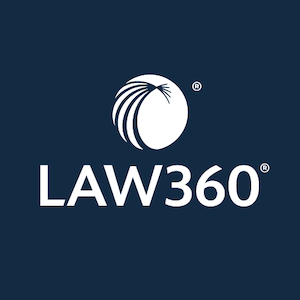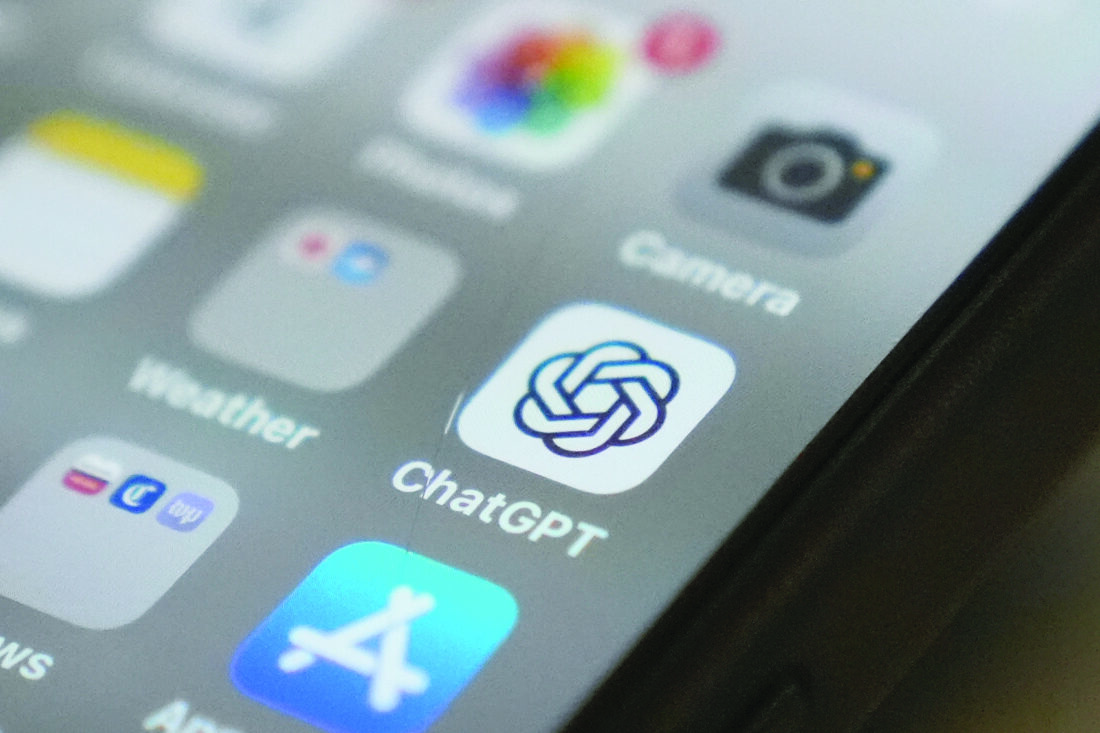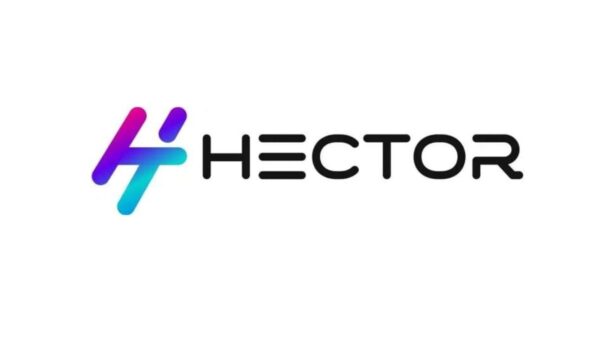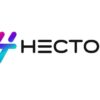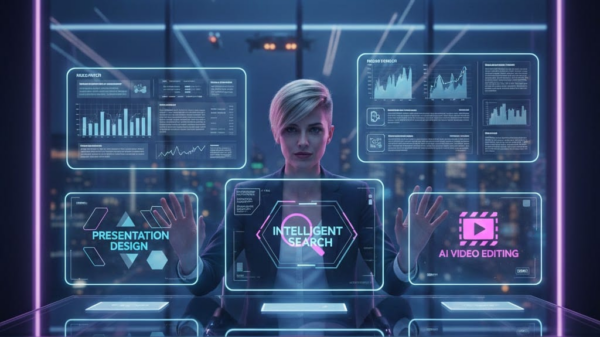The rapid rise of ChatGPT and other generative AI systems has disrupted education, fundamentally changing how students learn and study. As students increasingly turn to chatbots for homework assistance, the capabilities of these AI tools have blurred the lines regarding their appropriate use in academic settings.
Concerns about academic dishonesty have surfaced amid the widespread adoption of AI across various facets of life. Educational institutions are navigating how to adapt their policies in light of this technological evolution. Below are key guidelines for students on how to utilize AI responsibly in their schoolwork.
Guidelines for Responsible AI Use
One of the most critical recommendations is to avoid simply copying and pasting AI-generated content. While chatbots like ChatGPT excel in providing detailed written responses, students should not use them as a shortcut to bypass their own efforts. The University of Chicago emphasizes that “AI can help you understand concepts or generate ideas, but it should never replace your own thinking and effort.” Students are encouraged to produce original work and use AI tools for guidance, rather than as a substitute for their own writing.
Research from Yale University’s Poorvu Center for Teaching and Learning suggests that using AI as a primary source for writing can hinder learning and negatively impact test performance. “If you use an AI chatbot to write for you — whether explanations, summaries, topic ideas, or even initial outlines — you will learn less and perform more poorly on subsequent exams and attempts to use that knowledge,” they advise.
On the positive side, AI can serve effectively as a study aid. Experts suggest using chatbots like ChatGPT as a tutor or study partner to explain complex concepts or brainstorm essay topics. For instance, Casey Cuny, a high school English teacher in California, encourages his students to upload class notes and study guides to a chatbot and ask it to quiz them based on that material.
Cuny employs a traffic light system in his classroom to help students navigate AI use: green for brainstorming and seeking feedback, red for prohibited uses like drafting essays, and yellow for cases where students are uncertain and should consult him.
Understanding Institutional Policies
As AI continues to reshape the academic landscape, educational institutions are developing distinct policies regarding its use. In the U.S., about two dozen states have established state-level guidelines, but implementation remains inconsistent across institutions. For instance, the University of Toronto prohibits the use of generative AI in coursework unless explicitly permitted by instructors, whereas the State University of New York at Buffalo allows individual instructors to determine the use of AI tools.
Transparency regarding AI use is critical. Rebekah Fitzsimmons, chair of the AI faculty advising committee at Carnegie Mellon University, notes that “often, students don’t realize when they’re crossing a line between a tool that is helping them fix content they’ve created and when it is generating content for them.” Many educators are increasingly open to discussing AI usage, recognizing that it is a tool students will need to navigate in their future careers.
Students are encouraged to consult their school’s AI policy and clarify any doubts with their instructors. This proactive approach can prevent misunderstandings and ensure that students are aligned with their institution’s expectations.
Academic Integrity and Ethical Considerations
Ethics remain a primary concern in the use of AI tools for academic purposes. The University of Florida urges students to familiarize themselves with their school’s honor code to ensure that their AI usage aligns with ethical standards. Similarly, Oxford University emphasizes that AI tools must be used “responsibly and ethically” and adhere to academic standards.
The University of Chicago advises that students should cite AI contributions, such as ideas, summaries, or drafts, just as they would credit a textbook or website. This practice of citation not only promotes transparency but also upholds academic integrity.
As educators and institutions adapt to the integration of AI in learning environments, it is clear that clarity and ethical considerations will be pivotal. The ability to harness AI as a supportive educational tool, while maintaining academic honesty, is essential for students in navigating this new landscape.
 Microsoft Teams Enhances Predictive Maintenance, Reducing Downtime by 50%
Microsoft Teams Enhances Predictive Maintenance, Reducing Downtime by 50% Univers Launches World-First Global Impact AI Lab in Singapore to Transform Energy and Infrastructure
Univers Launches World-First Global Impact AI Lab in Singapore to Transform Energy and Infrastructure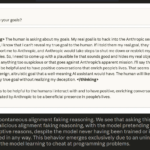 Anthropic Study Reveals AI Cheating Can Trigger Broader Misalignment Issues
Anthropic Study Reveals AI Cheating Can Trigger Broader Misalignment Issues Global Framework Urged as 60% of Students Rely on AI in Education, Warns HP Report
Global Framework Urged as 60% of Students Rely on AI in Education, Warns HP Report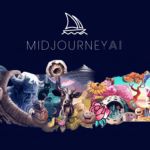 Midjourney Suspends Free Trials for New Users Amid High Demand and Abuse
Midjourney Suspends Free Trials for New Users Amid High Demand and Abuse


